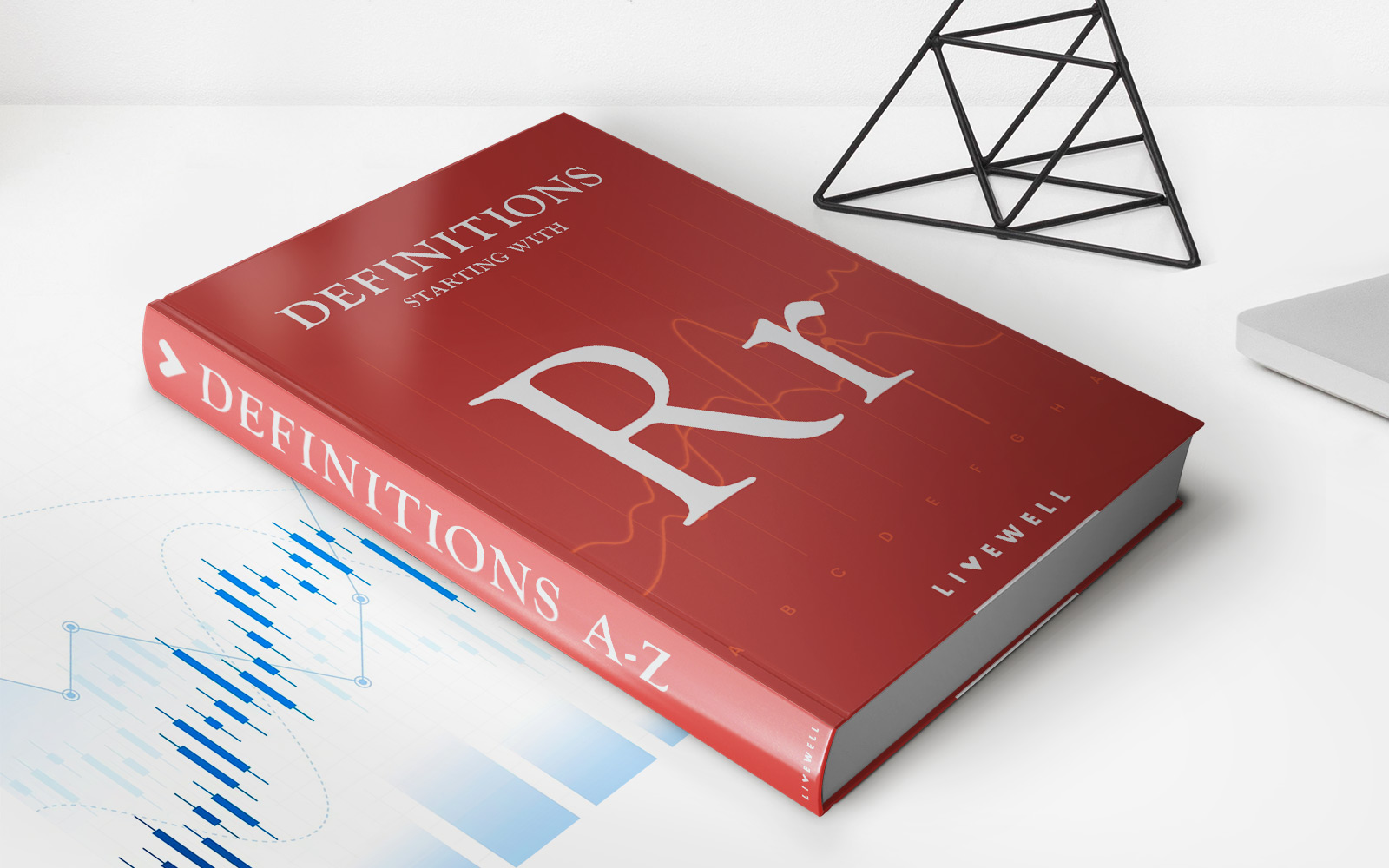Home>Finance>Lessor: Definition, Types, Vs. Landlord And Lessee


Finance
Lessor: Definition, Types, Vs. Landlord And Lessee
Published: December 17, 2023
Learn about the role and responsibilities of a lessor in finance. Understand the difference between a lessor, landlord, and lessee.
(Many of the links in this article redirect to a specific reviewed product. Your purchase of these products through affiliate links helps to generate commission for LiveWell, at no extra cost. Learn more)
Lessor: Definition, Types, Vs. Landlord, and Lessee
When it comes to understanding the complex world of finance, one term that often comes up is the lessor. But what exactly does this term mean, and how does it differ from the landlord and lessee? In this blog post, we will delve into the definition of a lessor, explore the different types of lessors, and shed light on the distinctions between lessors, landlords, and lessees.
Key Takeaways:
- A lessor is an individual or entity who owns an asset and allows another party, known as the lessee, to use the asset in exchange for regular payments.
- There are various types of lessors, including equipment lessors, real estate lessors, and finance lessors, each specializing in different types of assets.
What is a Lessor?
A lessor, simply put, is a person or organization that owns an asset and leases or rents that asset to another party. The asset can be anything from real estate properties to equipment or vehicles. The lessor holds the legal ownership and is responsible for maintaining and insuring the asset.
When entering into a lease agreement, the lessor allows the lessee to use the asset for a specified period of time in exchange for regular lease payments. These payments serve as compensation for the lessor’s investment and the use of their asset.
Types of Lessors
There are different types of lessors, each operating in specific areas of finance and specializing in different types of assets:
- Equipment Lessors: These lessors own equipment such as machinery, vehicles, or technology that they lease to businesses or individuals who need them. Equipment leasing is common in industries like construction, manufacturing, and technology.
- Real Estate Lessors: Real estate lessors own and lease out properties like residential homes, commercial buildings, and retail spaces. They are responsible for maintaining the property and ensuring compliance with leasing agreements.
- Finance Lessors: Finance lessors specialize in financing various assets for businesses or individuals. They purchase the asset on behalf of the lessee and then lease it to them. This type of leasing arrangement is often used for high-value assets such as aircraft or high-tech machinery.
Lessor vs. Landlord and Lessee
While the terms lessor and landlord are often used interchangeably, there is a subtle difference between the two. A landlord typically refers to an individual or entity that owns real estate property and leases it out to tenants. On the other hand, a lessor can own different types of assets, including real estate, equipment, or vehicles, and leases them to lessees.
The lessee, also known as the tenant, is the party who rents the asset from the lessor or landlord. The lessee is responsible for using the asset within the agreed terms and paying the lease payments on time.
In summary, a lessor is the owner of an asset who leases it to a lessee, whereas a landlord is specifically the owner of real estate property. The term lessor is more encompassing and applies to various types of assets, while landlord refers specifically to real estate ownership.
Conclusion
Understanding the role of a lessor is essential when it comes to navigating the world of finance. Whether it’s leasing equipment, real estate, or financing high-value assets, lessors play a vital role in providing access to assets for businesses and individuals.
Next time you encounter the term lessor, you’ll have a clear understanding of what it entails and how it differs from a landlord and lessee. Remember, lessors are the owners who grant the privilege of using their assets, helping businesses and individuals thrive.














